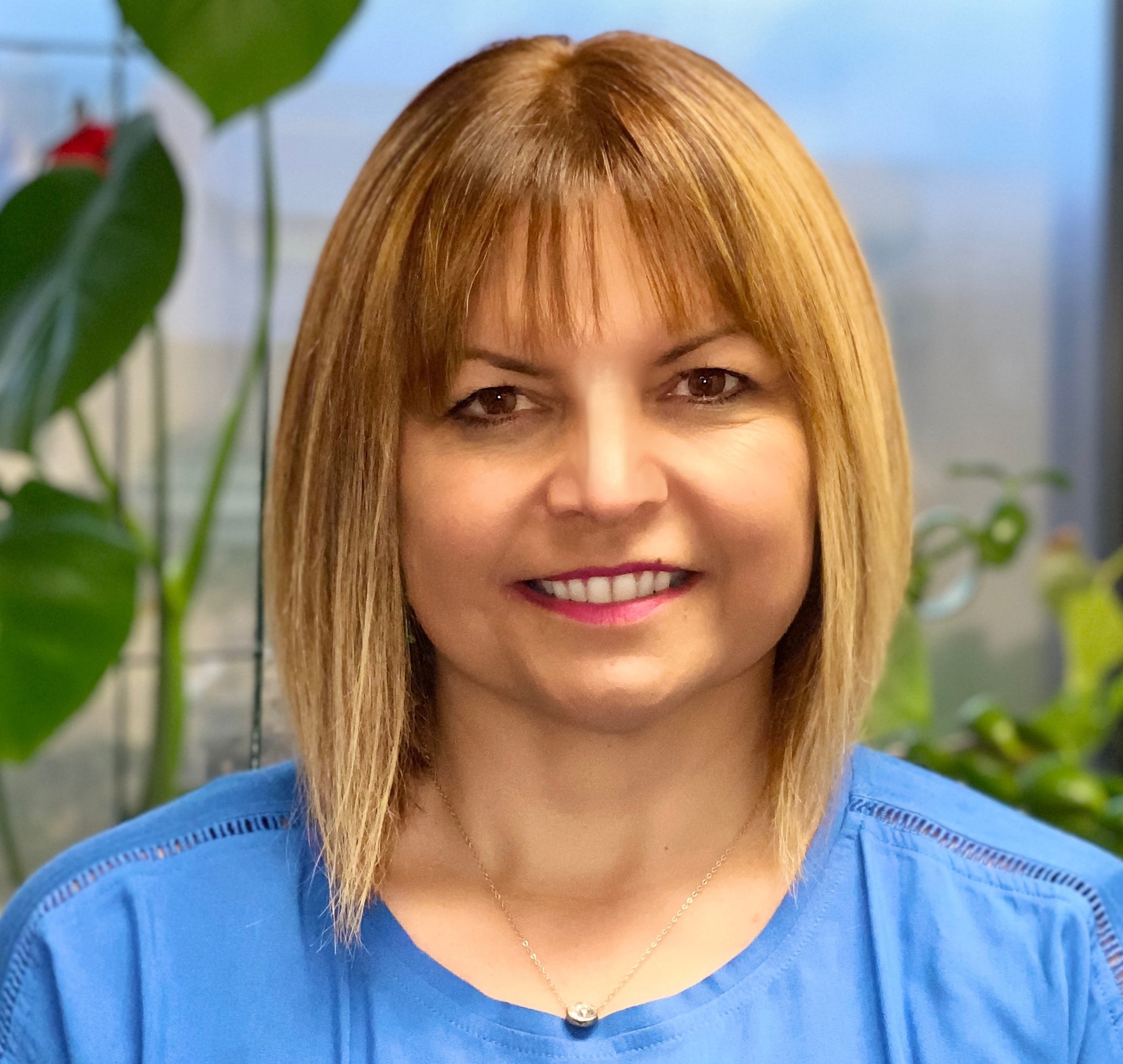Author: Dr Dianne Wepa
 Mental Health Awareness Week's theme for 2022 was loneliness. In my role as Associate Professor Mental Health at the University of Bradford, I was interested in using a creative teaching approach to highlight strategies to address loneliness, particularly since a return to face-to-face teaching post COVID-19. The university's Equity Diversity and Inclusion Brad-iCOUNT fund allowed me to engage a zine artist, Jean McEwan to teach our team (comprising mental health nurses, academics and a Master's student) to make the zines during Mental Health Awareness Week for students. Zines are derived from the word magazine but a mini-zines. Zine making is a democratic and creative process – anyone can make one with the simplest of materials. They are immediate and each person makes the rules about what they want to say and how they want to say it. Zines are an important way of connecting people and building a sense of community.
Mental Health Awareness Week's theme for 2022 was loneliness. In my role as Associate Professor Mental Health at the University of Bradford, I was interested in using a creative teaching approach to highlight strategies to address loneliness, particularly since a return to face-to-face teaching post COVID-19. The university's Equity Diversity and Inclusion Brad-iCOUNT fund allowed me to engage a zine artist, Jean McEwan to teach our team (comprising mental health nurses, academics and a Master's student) to make the zines during Mental Health Awareness Week for students. Zines are derived from the word magazine but a mini-zines. Zine making is a democratic and creative process – anyone can make one with the simplest of materials. They are immediate and each person makes the rules about what they want to say and how they want to say it. Zines are an important way of connecting people and building a sense of community.
We organised taster workshops for students to take a break from exam preparation and have some fun. Things didn't go smoothly – at first, we thought we would target mental health students with the goal of providing an activity they could use in their future practice. The number of students participating were low so the library offered their reception area which provided a better opportunity to be accessible to a wider range of people.
We set up tables and chairs with the craft material displayed and signs promoting the taster workshops. What occurred was more than we expected. Several staff took an interest in the activity and happily made zines with us. We demonstrated how the zine making process was very simple, beginning with a piece of A4 paper which is folded into 2 halves and then cut in the middle to make a small 8-page booklet. From here each person could write or draw whatever they liked within the theme of how they addressed loneliness. Each zine was photocopied so people could have an electronic copy of their zine to keep along with their original creation.
We asked people to complete a simple questionnaire when they finished making their zines. The results were very interesting. They included:
It was a safe space where I was allowed to be just me and express myself using craft. Good conversations and company helped ease my anxiety.
It was a both calming and engaging.
It helped me reduce stress from everyday study and work
A key theme identified was how people felt calm and creative without being pressured. The making of zines provided a space to be with people while still focusing on being with one's own thoughts and feelings. Staff at the library also observed students appearing a lot more happy and less stressed once they completed the workshop. Our team have been asked to return on a regular basis to the library providing zine making for students and staff.
We have reflected on these workshops and are grateful for the opportunity to engage in zine making with students and staff as part of Mental Health Awareness Week. Going forward, we are planning to formalise zine making as part of the communication courses taught at the university. I'd like to encourage other educators to consider zine making within their future teaching. From such small beginnings, the power of zine making has made a huge impact on our future teaching and learning practices. It most definitely is the small things that matter!

Quality education for all
We believe in quality education for everyone, everywhere and by highlighting the issue and working with experts in the field, we can start to find ways we can all be part of the solution.
